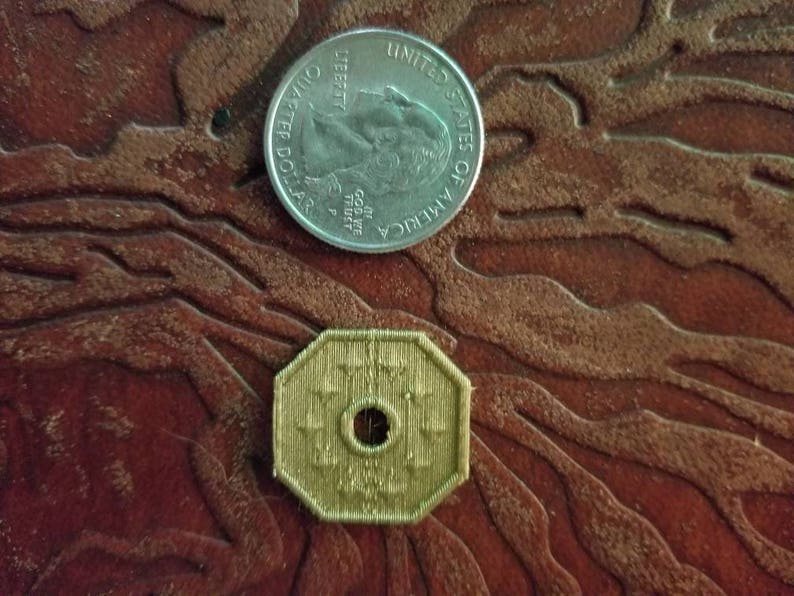
Any amount of consideration will contribute to the survival of a deity. Again, worship is a loose term that can range from simple acknowledgement to elaborate rituals than span centuries. To survive, the deities generate their home planes to provide an eternal place of worship. Once dead, no amount of worship can revive them. But there is a reason that the bodies of dead gods drift in the Astral Sea, deities can be forgotten and the lack of remembrance will kill them. With all the Material Planes floating around the Astral Sea, each deity should have enough souls to thrive. There is an unspoken agreement amongst all the deities that rare visits and occasional avatar visits are okay, but worship is a scarce resource that needs to be shared for their mutual survival. For a deity to live in a Material Plane would not only endanger that plane, but upset the others that also need the worship of souls in that plane. The deities create these planes for a permanent place to live and to avoid conflict with other deities. Each plane demonstrates their power to control creation. The deities will say that the Empyrean Ring was created by the force of their will alone.

Revere is a strong term, the deities will let anyone in that wants to be there. When a sentient creature dies, the soul or spirit separates from the body and traverses the Astral Sea and the Ethereal Mists to make their way to the home of one of the various deities, usually one that was revered in life. An electrum piece is worth five silver pieces, and a platinum piece is worth ten gold pieces.Ī standard coin weighs about a third of an ounce, so fifty coins weigh a pound.I talked to my great-grandfather and he tells me that the heavens generated by the will of the deities are not nearly as sweet as the wine he shares with his father and the visits from his living descendants. The electrum piece (ep) and the platinum piece (pp) originate from fallen empires and lost kingdoms, and they sometimes arouse suspicion and skepticism when used in transactions. In addition, unusual coins made of other precious metals sometimes appear in treasure hoards. A single copper piece buys a candle, a torch, or a piece of chalk. One silver piece is worth ten copper pieces, which are common among laborers and beggars. A silver piece buys a laborer's work for half a day, a flask of lamp oil, or a night's rest in a poor inn.

One gold piece is worth ten silver pieces, the most prevalent coin among commoners. Rather, the gold piece is a standard measure of value, and the actual exchange is in gold bars, letters of credit, or valuable goods.

When merchants discuss deals that involve goods or services worth hundreds or thousands of gold pieces, the transactions don't usually involve the exchange of individual coins. The gold piece is the standard unit of measure for wealth, even if the coin itself is not commonly used. A skilled (but not exceptional) artisan can earn one gold piece a day. With one gold piece, a character can buy a bedroll, 50 feet of good rope, or a goat. The three most common coins are the gold piece (gp), the silver piece (sp), and the copper piece (cp). Welcome to the 5e System Reference Document (SRD5e) CoinsĬommon coins come in several different denominations based on the relative worth of the metal from which they are made.


 0 kommentar(er)
0 kommentar(er)
